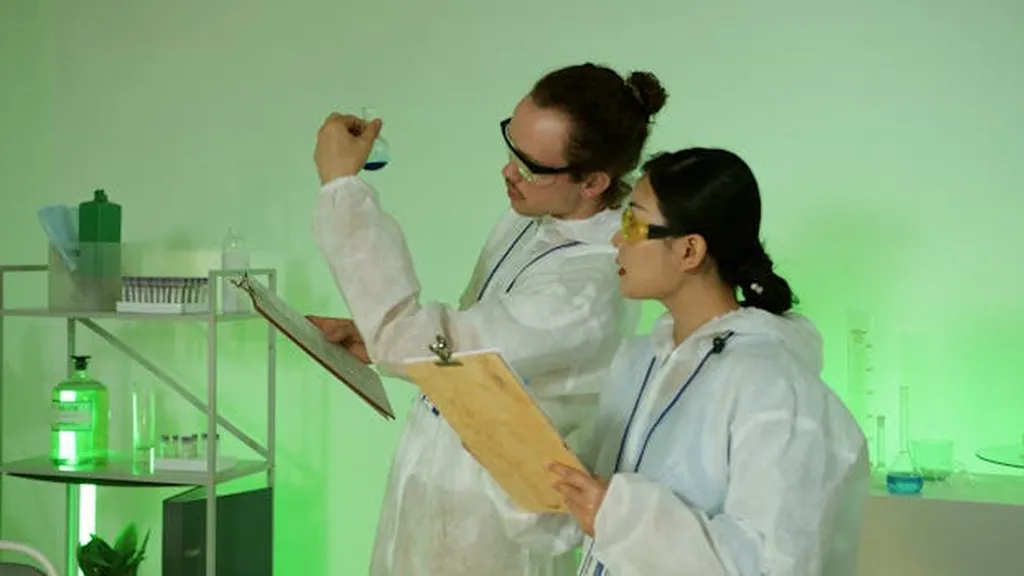In the ever-evolving landscape of precision agriculture and outdoor robotics, accurate and reliable localization is paramount. Researchers have long grappled with the challenges posed by Global Navigation Satellite System (GNSS) outages and signal discontinuities, which can significantly hinder the performance of autonomous systems. A recent study published in the journal ‘Sensors’ offers a promising solution to these persistent issues, potentially revolutionizing the way we approach localization in dynamic environments.
The research, led by Hassan Ali from the Department of Electronics and Information Engineering at Jeonbuk National University in the Republic of Korea, introduces a novel complementary RTK-like position increment prediction model. This model is designed to mitigate the challenges posed by GNSS outages and RTK signal discontinuities, providing a robust solution for autonomous systems operating in precision agriculture and outdoor robotics.
The proposed model leverages time-synchronized inertial measurement data combined with velocity inputs to predict GNSS position increments during periods of outages and RTK disengagement. This innovative approach effectively substitutes for missing GNSS measurements, ensuring continuous and accurate localization. “Our model demonstrates high accuracy, with the total aDTW across 180-second trajectories averaging at 1.6 meters and the RMSE averaging at 3.4 meters,” explains Ali. “The 30-second test shows errors below 30 centimeters, which is a significant improvement over existing methods.”
The implications of this research for the agriculture sector are substantial. Precision agriculture relies heavily on accurate localization for tasks such as planting, harvesting, and monitoring crop health. GNSS outages can disrupt these operations, leading to inefficiencies and potential losses. The proposed model can integrate with a Dual Extended Kalman Filter (Dual EKF) sensor fusion framework, widely utilized in robotic navigation, to provide seamless and reliable localization even in the face of GNSS outages.
“This research has the potential to transform the way we approach localization in precision agriculture,” says Ali. “By providing a robust solution to GNSS outages, we can enhance the efficiency and reliability of autonomous systems, ultimately leading to improved productivity and sustainability in the agriculture sector.”
The study also highlights the potential for future developments in the field. While the current research focuses on the standalone deep network, the integration of the proposed model with a Dual EKF fusion framework is left for future work. This opens up new avenues for research and development, paving the way for even more advanced and reliable localization solutions.
In conclusion, the research led by Hassan Ali represents a significant step forward in the field of localization for autonomous systems. By addressing the challenges posed by GNSS outages and RTK signal discontinuities, this innovative model has the potential to revolutionize precision agriculture and outdoor robotics, enhancing efficiency, reliability, and sustainability in these critical sectors.

